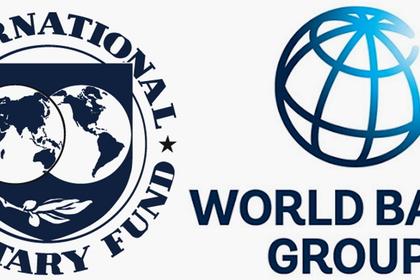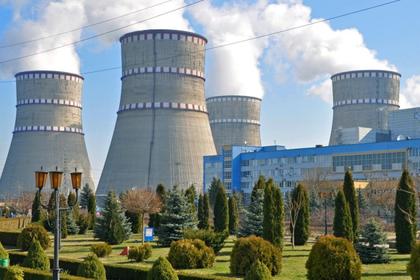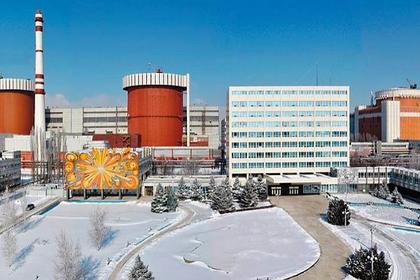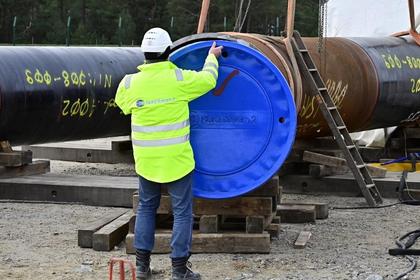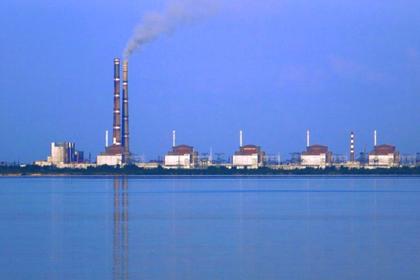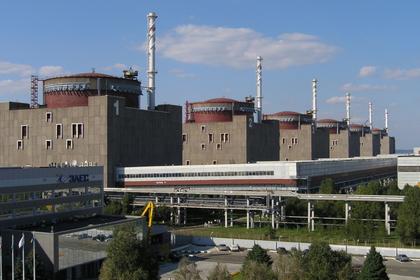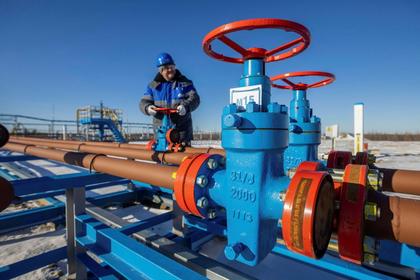
UKRAINE'S NUCLEAR SAFETY AND SECURITY
IAEA - MAR 2 2022 - IAEA Director General Rafael Mariano Grossi stressed his continued concern about the conflict in Ukraine and any military or other action that could threaten the safety or security of Ukraine’s four operating nuclear power plants and other nuclear facilities, including the site of the 1986 accident in Chornobyl.
“The safety and security of nuclear facilities, and nuclear and other radioactive material, in Ukraine must under no circumstances be endangered,” Mr Grossi told the 35-member IAEA Board of Governors today. The Board met to discuss the nuclear safety, security and safeguards implications of the situation in Ukraine. “I have called for restraint from all measures or actions that could jeopardize the security of nuclear and other radioactive material, and the safe operation of any nuclear facilities in Ukraine,” he said.
Mr Grossi recognized the people continuing to operate, regulate, inspect and assess the nuclear facilities in Ukraine under “extraordinary circumstances of an armed conflict causing increasing challenges and dangers,” and called on their safety and wellbeing to be guaranteed by those in control. He noted Ukraine’s nuclear power plants were operating normally.
“While we may use expressions like ‘normal operations’ in a technical context, I want to emphasize there is nothing normal about the circumstances under which the professionals at Ukraine’s four nuclear power plants are managing to keep the reactors that produce half of Ukraine’s electricity working,” he said.
Mr Grossi emphasized the three main functions of nuclear safety systems – containment, control and cooling – and stressed that:
- The physical integrity of the facilities – whether it is the reactors, fuel ponds or radioactive waste stores – must be maintained.
- All safety and security systems and equipment must be fully functional at all times.
- The operating staff must be able to fulfil their safety and security duties and have the capacity to make decisions free of undue pressure.
- There must be secure off-site power supply from the grid for all nuclear sites.
- There must be uninterrupted logistical supply chains and transportation to and from the sites.
- There must be effective on-site and off-site radiation monitoring systems and emergency preparedness and response measures.
- And finally, there must be reliable communications with the regulator and others.
The State Nuclear Regulatory Inspectorate of Ukraine (SNRIU) has been a key source of information for the international community, via the IAEA. Mr Grossi said that its ability to provide “accurate and complete data on the safety and security of the operation of all nuclear facilities in Ukraine should not be interrupted, impeded or influenced.”
Request for assistance in nuclear safety
Mr Grossi told the Board that he was working to address a request for assistance that he received yesterday from the SNRIU asking the IAEA to ensure the safety of the Chornobyl Nuclear Power Plant and other nuclear facilities.
While the primary responsibility for nuclear safety rests with national authorities, the IAEA provides assistance to its Member States, upon request, in line with its mandate – including in nuclear safety and security.
In an appeal to the IAEA’s 173 Member States, Mr Grossi called on all countries to uphold international law and fulfil the obligation they agreed to when, in 2009, they unanimously reaffirmed the General Conference resolution stating that “any armed attack on and threat against nuclear facilities devoted to peaceful purposes constitutes a violation of the principles of the United Nations Charter, international law and the Statute of the Agency.”
In line with its mandate, the IAEA continues to closely monitor developments in Ukraine. The IAEA remains in constant contact with its counterpart and will continue to provide regular updates on the situation.
Mr Grossi concluded: “The best action to ensure the safety and security of Ukraine’s nuclear facilities and its people would be for this armed conflict to end now.”
-----
Earlier:
